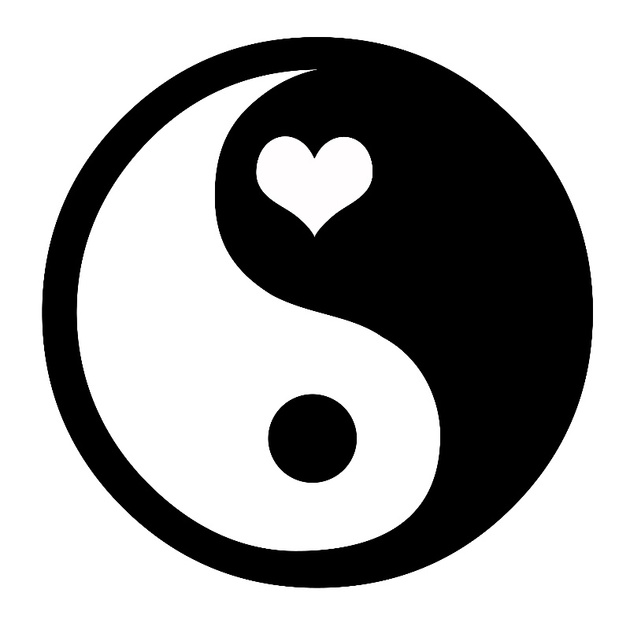
Dear Therapist:
I am in my low 20's and have OCD and Anxiety. Baruch Hashem, I am more or less stable as I am in college, and holding down a job at the same time. My question is: In a Shidduch, do you think I should look for someone who’s similar to me- someone who also has Anxiety or some other disorder, or should I rather look for someone who’s "regular" without those kinds of challenges? (Honestly, I would prefer someone who doesn't have any of those challenges but I don't know how realistic that is). I would appreciate your suggestions/advice.
Thank you.
Response:
There are a few aspects inherent in your question. First, I’d like to speak to the more general question of choosing a spouse. I’m often asked if people should look for someone with a personality similar to theirs, or if the old “opposites attract” adage has validity. The truth is that it’s difficult to generalize because people are complex and have differing feelings and needs. That being said, although it’s true that opposites often attract, this is often true only in the initial phase of the relationship. It can be exciting to experience a new perspective and interesting new concepts. Indeed this can be a positive thing when it broadens our horizons.
When it comes to personality traits, however, it’s important to choose someone who shares your basic values and life view. By personality traits, I’m referring to healthy feelings and viewpoints with regard to important areas in life. For instance, if you’re a thoughtful, spiritual, caring, inquisitive person who has a sharp sense of humor, you might initially be attracted to someone who has a devil-may-care attitude, appears not to care what others think, is off-the-cuff, and has a cutting sense of humor. These personality traits can seem invigorating and thrilling. In the long run, however, the disparity in basic beliefs and values can become a source of incompatibility and strife.
To more directly address your questions, you can begin by separating your healthy personality traits from any issues and mental health concerns. Although you might have a certain level of anxiety that is problematic, part of what you identify as OCD or anxiety might be an appropriate interest in doing things properly. If you are able to clearly identify this, you can recognize this as a part of your personality that you appreciate, and which you might similarly appreciate in a spouse.
It seems clear that you would rather marry someone who doesn’t have a disorder, as would most people. Fortunately, today people are much more aware of, and educated about, mental health issues and treatment. This continues to increase open-mindedness within the frum community with regard to shidduchim and marriage. Most people have, or know someone who has, a mental health disorder. Therefore it is becoming increasingly more likely that a person without a mental health disorder will marry someone who does.
Although you would like to marry someone who has no disorder, you have personal experience that shows you that these can be well-managed. In addition, the fact that someone has no overt history of mental health problems is no guarantee that they will have none in the future. Recent statistics from the National Survey on Drug Use and Health (NSDUH) have the percentage of adults in the US who experienced mental illness each year from 2008-2014 consistently hovering in the 18% range. In fact, those of us who have less obvious issues, which are not being acknowledged and addressed, can be less functional than those of us who properly identify and address our problems.
-Yehuda Lieberman, LCSW
psychotherapist in private practice
Brooklyn, NY
author of Self-Esteem: A Primer
www.ylcsw.com / 718-258-5317
Disclaimer
The contents of this blog, including text, graphics, images, and other material are for informational purposes only. Nothing contained in this blog is, or should be considered or used as, a substitute for professional medical or mental health advice, diagnosis, or treatment. Never disregard medical advice from your doctor or other qualified health care provider or delay seeking it because of something you have read on the Internet, including on this blog. We urge you to seek the advice of your physician or other qualified health professional with any questions you may have regarding a medical or mental health condition. In case of emergency, please call your doctor or 911 immediately. The information contained on or provided through this blog is provided on an "as is" basis, without any warranty, express or implied. Any access to this blog is voluntary and at your own risk.

 Previous
Previous

